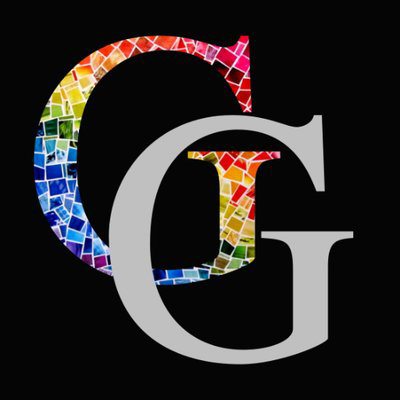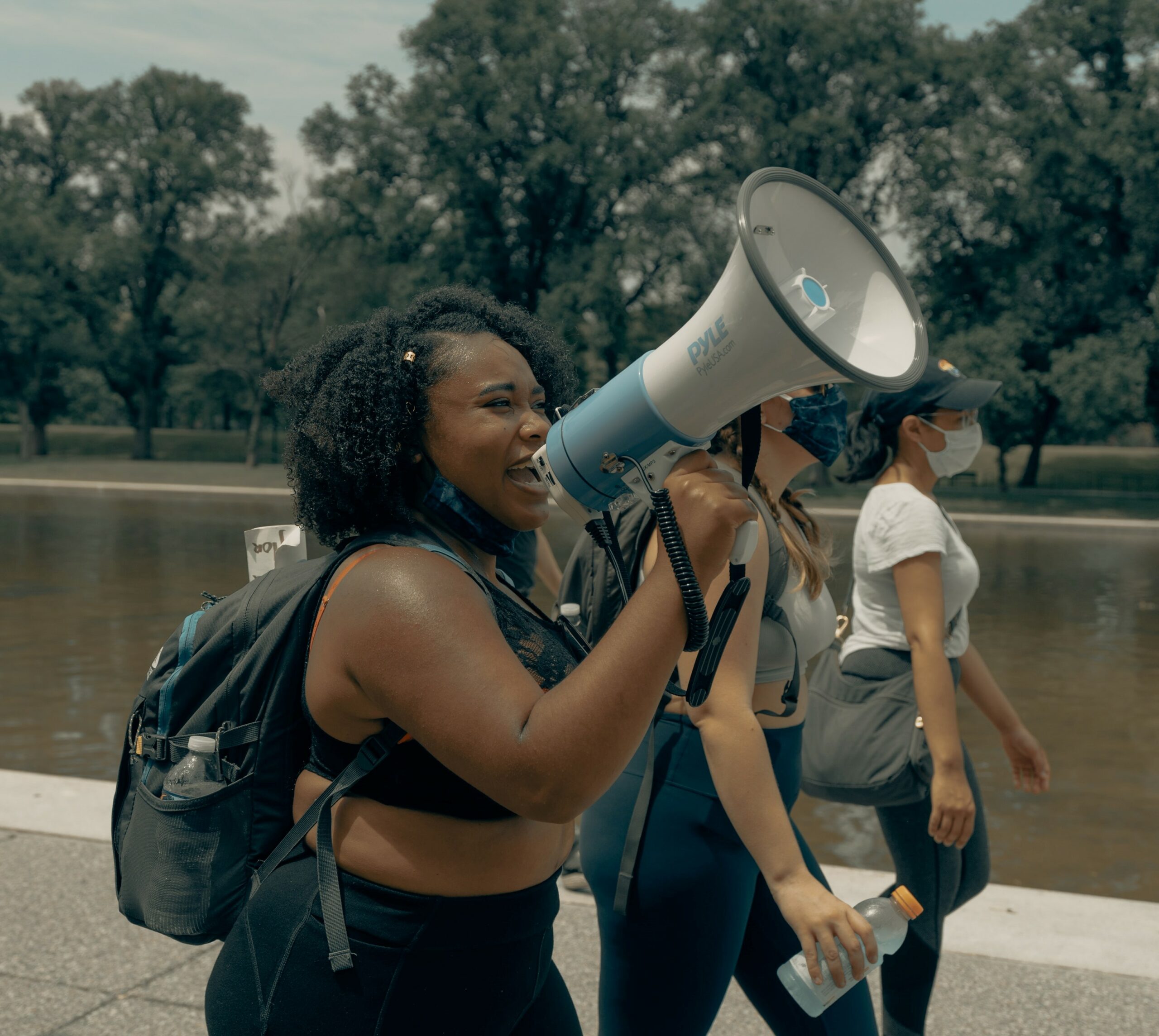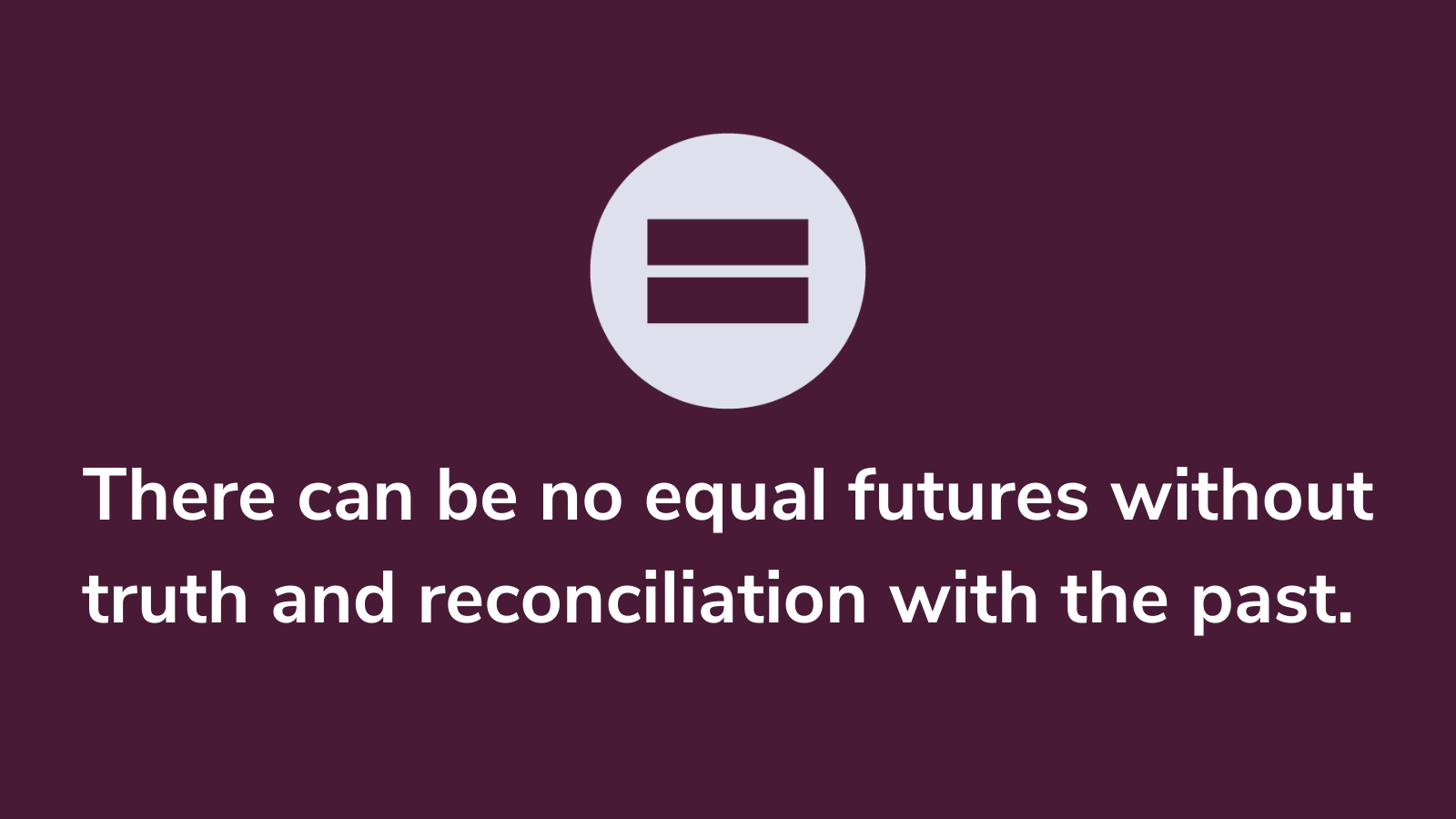
We recently spoke to Gay and Grey Montreal about how they are working to reduce isolation and improve the quality of life for older members of the English-speaking 2SLGBTQIA+ community in Montreal:
If you could get Canadians to understand one thing about your work, what would it be?
Queer seniors still don’t have great options for their “third act” of life.
People in the 2SLGBTQIA+ community who are over 50 faced considerably more discrimination than younger queer people and their fight isn’t over. All those bigots from older generations are their peer group and will be their roommates in long term care. Many people who have lived their whole adult lives out of the closet are forced back into hiding who they are when they enter long term care.
The AIDS crisis in the 80s and 90s took so many lives. Many lost their partners and entire friend groups. Few had children and many live alone. They’re also more likely to live in poverty due to discrimination in the work place. The generation that couldn’t trust doctors, therapists, government or even family in many cases to keep them safe are now learning that they can’t trust nursing homes either.
What they can rely on though, is their own community. Many have lived their life with a partner, or friends and may have lost touch with the broader community. Some have lost their partners and friends and need somewhere they can meet other people like themselves. Gay & Grey is about providing that community and support for each other.
What are some unique challenges that you have faced in your work? What are you doing to overcome them?
Gay & Grey is a new group and membership was mostly spread via word of mouth. In 2020, the membership was predominantly gay men. The group’s goal is to be truly welcoming to all older adults in the 2SLGBTQIA+ community. One of the primary goals this year was to attract more women to the group.
So, we started a women’s circle that meets frequently and it has been a wonderful initiative! Our ratio of women to men has greatly improved this year and we are planning to have our board members go through anti-oppression training to be proactive in our goal to be as inclusive as possible. We hope to develop more identity-specific circles, like the women’s circle, in addition to our interest-based activities to further support diversity within our community.
How has the pandemic impacted your work?
Immensely. Gay & Grey had in-person lunches, movie nights, and potlucks, as well as trips to the museum and other outings that completely shut down when the pandemic hit. Gay & Grey members are in a high risk age group and many have compromised immune systems. We transferred our activities onto Zoom and were then still able to have InterGenerational Conferences, Movie Nights, Game Nights, and start a Readers Club. We revamped our website and social media channels, started a YouTube channel, and got a phone line.
We also started recording podcast episodes where members (and non-members) could listen to each others’ stories and get to know each other at any distance. It gave an opportunity to have an in-person, socially distanced conversation with a real person outside of the house, or over Zoom if they preferred. We worked together (virtually) on creating the final edited episode and then it was shared among our membership and to the broader community. Other members would listen and talk about things inspired by the podcast in our Zoom meetings. Members and members-to-be who wanted to check out the group but were uncomfortable with Zoom had a way to get to know our community in a safe, no-pressure way.
What keeps you going? Are there any hopeful stories that you can share with us?
Listening to the stories from our members; the good, the bad, and the ugly. When you’ve lived over 50 years, there’s a lot of opportunity for very divergent life paths. No two members have the same story, but there are a lot of overlaps that connect us. Many of our members have had to stay silent about parts of their lives until recently. Seeing some of that weight lifted as they tell their stories, some for the first time, and then seeing the genuine connections forming as a result of it has made it all worthwhile!
For Intergenerational week this year, we partnered with a few other local organizations to create a video series of our members reading queer-positive children’s books. The gay community has faced huge discrimination when it comes to interacting with children. Few have children themselves and certainly none of them saw themselves represented in children’s books when they were younger. Reading these books was hugely meaningful and you can even see some misty eyes on camera!
The Equal Futures Network acknowledges that Indigenous people are the traditional guardians of Turtle Island, on the land also known as Canada






